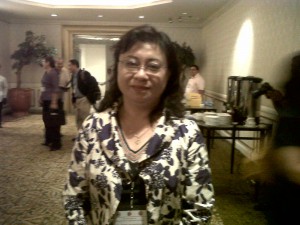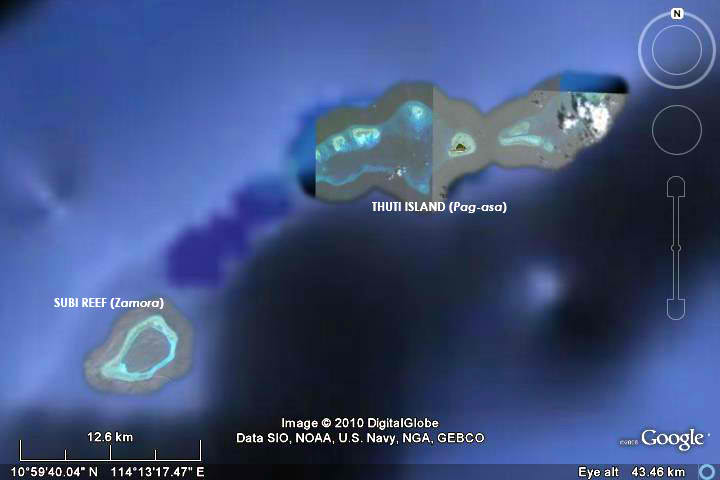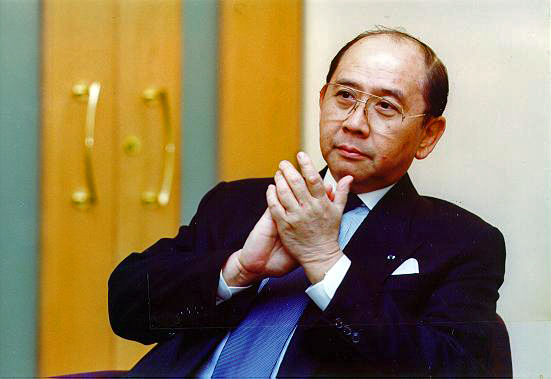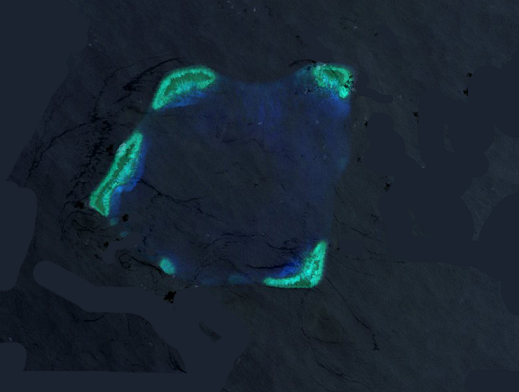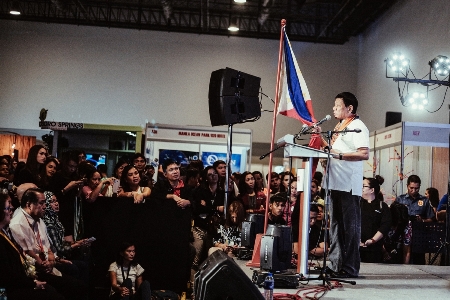By ELLEN TORDESILLAS
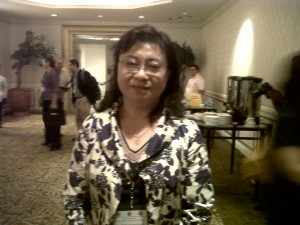
HARDLINERS in the Chinese Military Academy are raring to teach China’s neighbors “a lesson” for intruding into the South China Sea, which they consider part of their national territory, a Chinese Southeast Asian expert said.
Shen Hong-Fang, professor and senior research fellow at the Center of Southeast Asian studies at Xiamen University, spoke of “a new upsurge” of Chinese nationalism set off by claims made by some Asian countries, including the Philippines, over territory China considers its own.
“Some suggested that it is the right time to adopt necessary measures to teach some countries a lesson,” Shen said, startling participants at the two-day Conference on the South China Sea held in Manila last week.
She added there are those who think it justifiable “for China to launch a war against the invaders.”
The Philippines, Vietnam and Malaysia have staked claims over some of the 160 islands that constitute the Spratlys in the South China Sea. These countries, along with Indonesia which is a non-claimant, have filed protests before the United Nations Commission on the Limits of the Continental Shelf (CLCS) over the “nine-dash line map” China submitted to prove its claim.
That map practically covers the whole of the South China Sea and encroaches over the 200-nautical-mile exclusive economic zone of some its neighbors, the Philippines included.
Brunei and Taiwan are also claiming parts of the Spratlys.
In its note verbale last April 14, China accused the Philippines of having “started to invade and occupy some islands and reefs of China’s Nansha (Spratly) Islands.”
Asked by Paranaque Rep. Roilo Golez about the role of the Chinese Military Academy in the leadership’s decisions, Shen said it is “a very influential group. “
The Chinese Military Academy, formally known as the Academy of Military Sciences (AMS), is the highest-level research institute and center of military sciences of the People’s Liberation Army which is a major force in the Chinese government.
A Philippine diplomat who requested anonymity said Shen would not be making such strong statements without the approval of the Chinese government.
Shen reiterated previous declarations of Chinese officials that the South China Sea is a “core interest,” just like Tibet and Taiwan.
She quoted a published statement by Han Xudong, an army colonel and a professor at the PLA’s National Defense University (NDU), that “China’s comprehensive national strength especially in military capabilities is not yet enough to safeguard all of the core national interests.”
Golez expressed concern over what China would do “if their ‘national strength especially in military capabilities’ would be enough to take care of all core national interests.”
Shen also quoted another NDU professor, Zhang Zhongzhao, as saying that “the best time of solving the territory disputes has already passed” and that “diplomatic negotiations alone cannot solve the problem.”
She described Zhang as “a well-known military theorist,” and further quoted him saying that to defend national sovereignty, the Chinese should have the “courage to use the sword if it is really needed.”
Shen said the Chinese government is under public pressure to stand firm on the South China Sea. “If China lost more territory to foreign states, the national honor would be under attack and the people and the army would question the legitimacy of the government,” she said.
“It is of utmost importance that the government is not considered by people or the army as internally or externally weak which in turn could have severe political consequences,” she added.
Included in Shen’s recommendations to ease tension in the South China Sea is joint exploration in disputed areas. The Philippines already took this step during the term of former president Gloria Macapagal Arroyo when it started a Joint Marine Seismic Undertaking (JMSU) with China and Vietnam, which was completed in 2008. At least 70 percent of the coverage of the JMSU is in areas claimed by the Philippines. The constitutionality of the agreement is being questioned in the Supreme Court.
The Manila SCS conference was organized by the Foreign Service Institute of the Department of Foreign Affairs, the National Defense College of the Philippines and the Development Academy of Vietnam.
